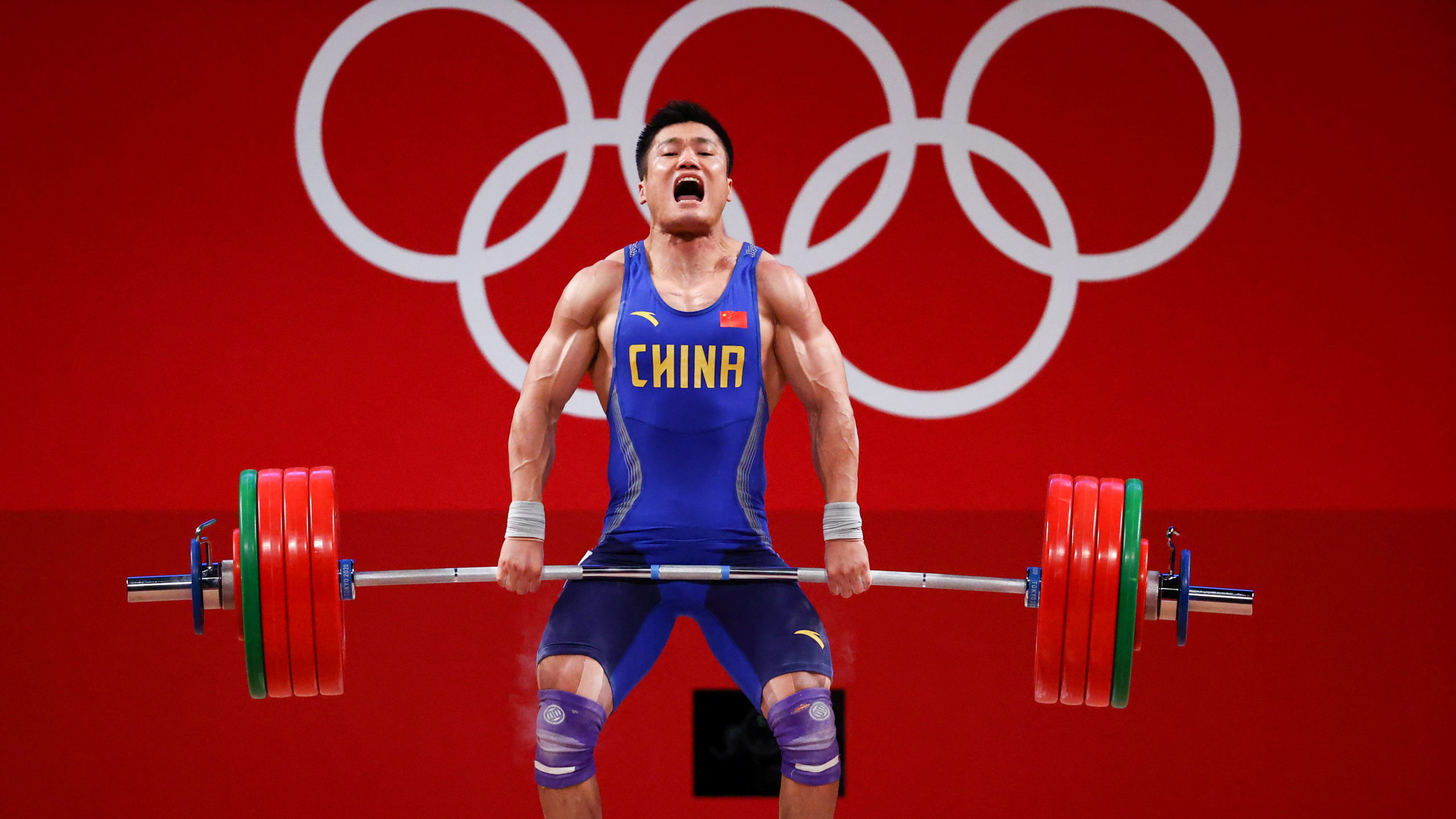Olympic weightlifting is a sport that demands not just physical strength but also strategic nutrition. The right diet can make a significant difference in performance, recovery, and overall health.
While training regimens often get the spotlight, nutrition is the unsung hero that can either make or break an athlete’s success.
This comprehensive guide aims to shed light on the essential nutritional strategies for Olympic weightlifters, focusing on macronutrients, micronutrients, meal timing, and real-world case studies.
Macronutrients: What to Focus On
Proteins
Proteins are essential for muscle repair and growth. They provide the body with amino acids, which are the building blocks for muscle protein synthesis. For weightlifters, the recommended protein intake is around 1.2 to 1.7 grams per kilogram of body weight.
Carbohydrates
Carbohydrates are the body’s primary source of energy. They are stored in the muscles and liver as glycogen, which can be quickly converted into glucose during exercise. Complex carbohydrates like whole grains and vegetables are preferred over simple sugars for sustained energy release.
Fats
Fats are essential for hormone production, including hormones like testosterone that are crucial for muscle growth. They also provide a concentrated source of energy, making them important for long training sessions.

Micronutrients: The Unsung Heroes
Vitamins
Vitamins like A, C, and E are antioxidants that help in recovery by neutralizing free radicals produced during intense exercise. B vitamins are essential for energy production and can help improve performance.
Minerals
Iron is crucial for oxygen transport to the muscles, zinc plays a role in protein synthesis and immune function, and magnesium is essential for muscle contraction and relaxation.
Supplements
While whole foods should be the primary source of nutrients, supplements like Vitamin D, fish oil, and calcium can be beneficial. Vitamin D is essential for bone health, fish oil provides omega-3 fatty acids that can reduce inflammation, and calcium is crucial for muscle function and bone density.

Case Studies: What Elite Weightlifters Eat
Case Study 1: Lasha Talakhadze
Daily Meals:
- Breakfast: Scrambled eggs, whole-grain toast, and a protein shake.
- Lunch: Grilled chicken breast, quinoa, and steamed vegetables.
- Dinner: Steak, sweet potato, and a side salad.
- Snacks: Greek yogurt, almonds, and protein bars.
Why It Works: Lasha focuses on high-protein foods like lean meats and dairy products to support muscle repair and growth. The inclusion of complex carbs like quinoa and sweet potato provides sustained energy for intense workouts.
Case Study 2: Sarah Robles
Daily Meals:
- Breakfast: Overnight oats with chia seeds and mixed berries.
- Lunch: Tuna salad with lots of greens and a whole-grain roll.
- Dinner: Stir-fried tofu with brown rice and broccoli.
- Snacks: Fresh fruits, vegetable sticks, and whey protein shakes.
Why It Works: Sarah’s diet is balanced and rich in fruits, vegetables, and whole grains. She incorporates protein supplements to meet her daily protein needs, ensuring optimal muscle recovery.
Case Study 3: Lu Xiaojun
Daily Meals:
- Breakfast: Rice porridge with fish slices and herbal tea.
- Lunch: Steamed rice, grilled fish, and sautéed spinach.
- Dinner: Chicken soup with medicinal herbs and whole-grain buns.
- Snacks: Traditional Chinese rice cakes and herbal supplements.
Why It Works: Lu emphasizes traditional Chinese foods like rice and fish, which are rich in essential nutrients. Herbal supplements are included to boost immunity and overall well-being.
Conclusion: Tailoring Your Diet for Success
Nutrition is not a one-size-fits-all approach, especially in a sport as demanding as Olympic weightlifting. Individual needs can vary based on factors like age, gender, and specific training goals.
The key is to focus on a balanced diet rich in essential macronutrients and micronutrients, timed strategically around your workouts.
By doing so, you can optimize performance, accelerate recovery, and achieve your weightlifting goals.
READ NEXT


You must be logged in to post a comment.